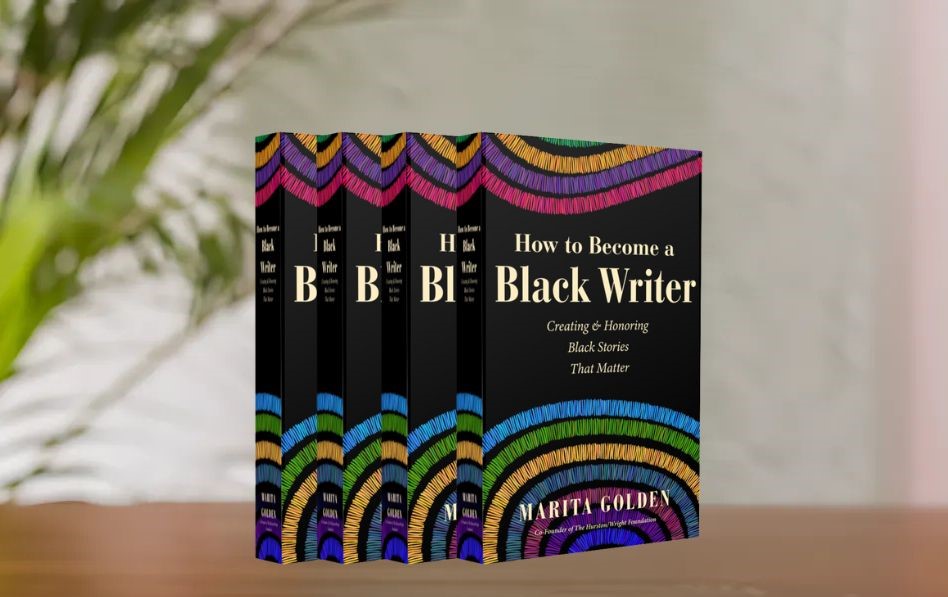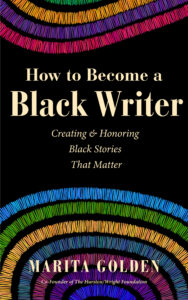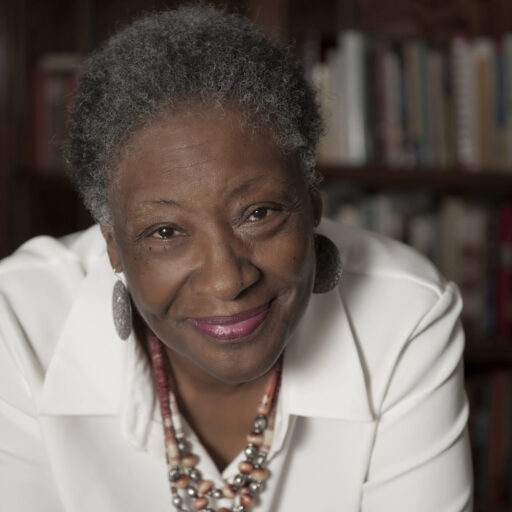

From How To Become A Black Writer…
The new teacher was a woman of late middle age whose dour visage looked out on the assembled students in her class like a vicar searching for signs of heresy. The unease and tension that many years later I was to find permeating the atmosphere of so many writer’s workshops in MFA graduate programs was the air we all breathed in that classroom. We were in boot camp and we were looking at the drill sergeant. Naturally, or rather as luck would have it, my story was the very first one read and “workshopped.” My memory has gratefully erased many of the details of this traumatic experience. But I vividly recall that not only did the teacher not like the story, but she found not a single redeeming virtue in the piece, not a line worth salvaging. I recall the pitying shaking of her head as she discussed the story as though wondering how anyone could imagine such a travesty, and then having imagined it, commit it to paper. The critique seemed to last the entire hour and a half of the allotted time for the class, but of course it did not.
The other students in the class gazed at me nervously as she discussed the story and my hand trembled as I reached for it when it was passed back to me. Somehow, I sat through the remainder of the class, but once we were dismissed, I hurried from the room wiping away tears. Humiliated and confused, the next day I dropped the course. The intervening years have allowed me to turn this anecdote into a tale of youthful vanity that I share with students in my writing classes.
I’ve come to call her style of critique the Pol Pot School of Criticism, after the leader of the Khmer Rouge in Cambodia, in the mid-seventies, who imposed years of death and destruction on the people of that nation. Many renowned teachers of writing believe that an emerging writer’s ego has to be broken down and rebuilt. But like all of the most dire forms of political re-education, this process is more about destruction than creation. The most miserable, confused writers I have met, who often grow to hate writing, and in the process themselves, are victims of this faulty pedagogy. I’ve met scores of talented writers derailed for years by criticism that was much more about the teacher’s need to be a dominant force in the lives of their students than about working with and building on a writer’s strengths. If not for a deep well of emotional resilience and years of encouragement, that teacher’s words might have convinced me to stop writing completely.
The teacher seemed heartless, but in the most dramatic way possible, she introduced me to the other side of the writer’s life. No writer receives, can, or should expect unanimous praise from everyone all the time. If encouragement is necessary to keep writing, making peace with criticism of one’s work and the necessity for criticism is just as important. After I dried my tears, I comforted myself with the explanation that the teacher was cruel, clearly misguided (hadn’t Sidney liked my stories?), and an awful teacher. But the real lesson she taught me with all the finesse of Attila the Hun, is that while criticism hurts (all the time, no matter how many books you’ve written), it is inevitable and also crucial for artistic growth.
If I had allowed myself a few days or a week or so to get over my hurt feelings, it is quite likely that I could have seen more than a little value in the teacher’s words about the story. Sometimes as a writer you have to “kill your babies” that is, simply chuck a piece of writing that has won your heart, and dispose of a story that you are besotted by, in other words, if it is broken, we have to fix it. But we have to be able to see that it’s broken to fix it. Perhaps I didn’t need to reject all that of that teacher’s judgment.
My agent and my editors are professional skeptics who are difficult to impress, all in the service of forcing me to become a better writer each time I begin a project. Tough questions, interrogation of intent, and the proposing of alternative approaches all puncture the armor we writers encase ourselves in, an armor made up almost entirely of ego. Criticism can give us new ideas about our work and challenge us to justify the choices we have made. Still, as much as I learned about developing a thick skin from my second fiction teacher, I learned much more about the craft of writing and what I could do as a writer from the first.

Marita Golden is the author of over 20 works of fiction and nonfiction. She is Co-founder and President Emerita of the Zora Neale Hurston/ Richard Wright Foundation. As a teacher of writing, she has served as a member of the faculties of the MFA Graduate Creative Writing Programs at George Mason University and Virginia Commonwealth University and served as a Distinguished Visiting Writer in the MA Creative Writing Program at John Hopkins University, and at the University of the District of Columbia. She has taught writing workshops nationally and internationally to a variety of constituencies and is a writing coach, workshop presenter, and literary consultant.


